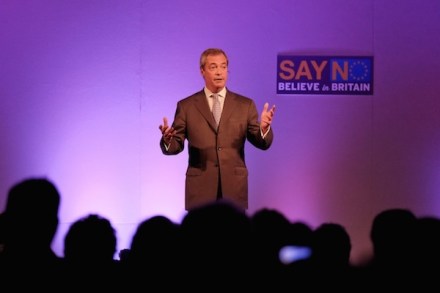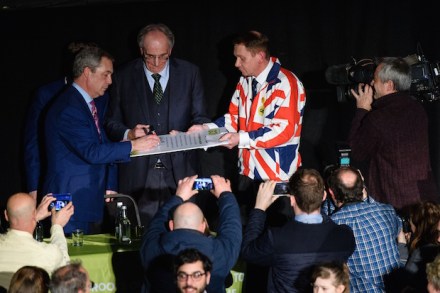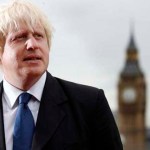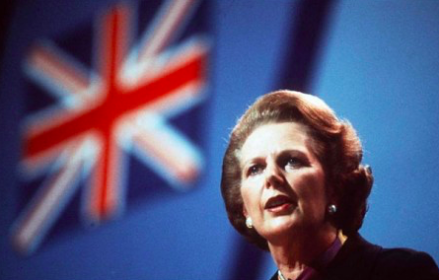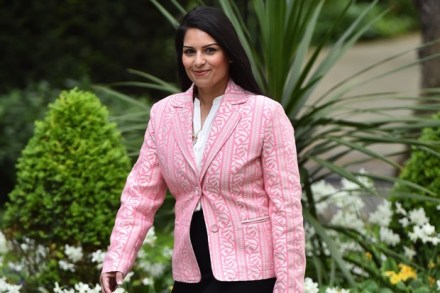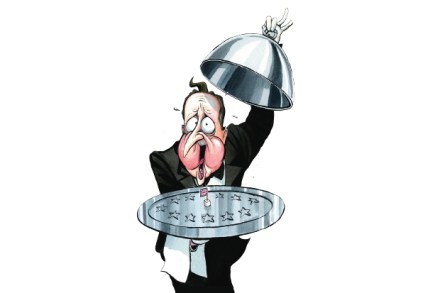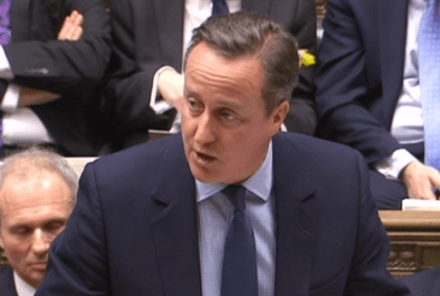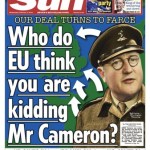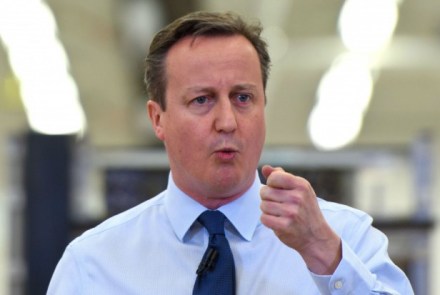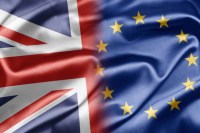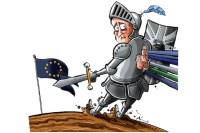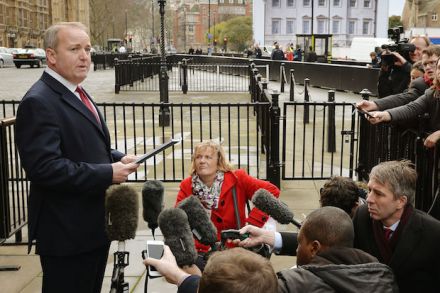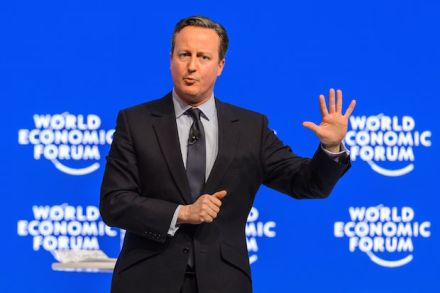Row in Ukip over EU referendum campaign ‘stitch up’
Ukip’s announcement this afternoon that it will be backing Grassroots Out in its bid for designation as the official ‘Leave’ campaign in the EU referendum has caused consternation in its ranks. The party put out a press release saying that the National Executive Committee, MEPs and its Local Councillors Association are backing GO, which was set up by Peter Bone and is supported by Leave.EU. But I understand that there was no formal NEC meeting about this, and that the last meeting that discussed the designation was a few months ago. When I asked the party how the NEC was consulted, I was told that there was a telephone discussion
